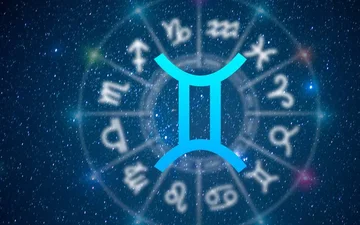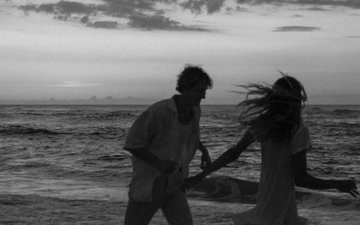
Following the Eurovision 2025 final, two public broadcasters – RTVE in Spain and VRT in Belgium – have raised serious questions about the public vote, particularly regarding the points awarded to Israel.
Both countries have demanded a full audit and transparency from the EBU (European Broadcasting Union), suggesting that there may have been irregularities or manipulation in the televoting, although no concrete evidence of wrongdoing has been presented so far.
What happened to the votes for Israel?
According to the final results, Israel, represented by singer Yuval Raphael, won 297 points from the public, while the professional juries placed it in 14th place with only 60 points. This contrast has raised suspicions.
This stark difference between the public's votes and those of the juries has prompted Belgium and Spain to call for an investigation.
Spanish public broadcaster RTVE told the media that it had requested a detailed analysis of the votes from the EBU on the night of the final, but the information it received was limited. According to the newspaper El País, RTVE has only received a list of the countries that received the most votes, without exact figures. They are demanding an independent audit of the Spanish public vote and a voting system that guarantees credibility and equality.
Meanwhile, a spokeswoman for Belgian broadcaster VRT, Yasmine Van der Borght, said: "We do not yet have evidence that the scores were wrongly awarded, but we demand full transparency from the EBU. The main question is: Does the current system truly reflect public opinion?":
The situation becomes even more complex given the political climate and the division of attitudes towards Israel. Spain's Prime Minister, Pedro Sánchez, said: "If Russia was excluded for human rights violations, Israel should be treated the same. There can be no double standards."
In Spain and Belgium, symbolic signs in support of Gaza were displayed on screen before the show.
This is the second year in a row that Israel's participation in Eurovision has caused discontent and controversy. Despite the campaigns and massive support that Raphael received online, the public vote for him, in contrast to the experts' vote, raised suspicions of manipulation, or at least of an unnatural influence of public opinion.





